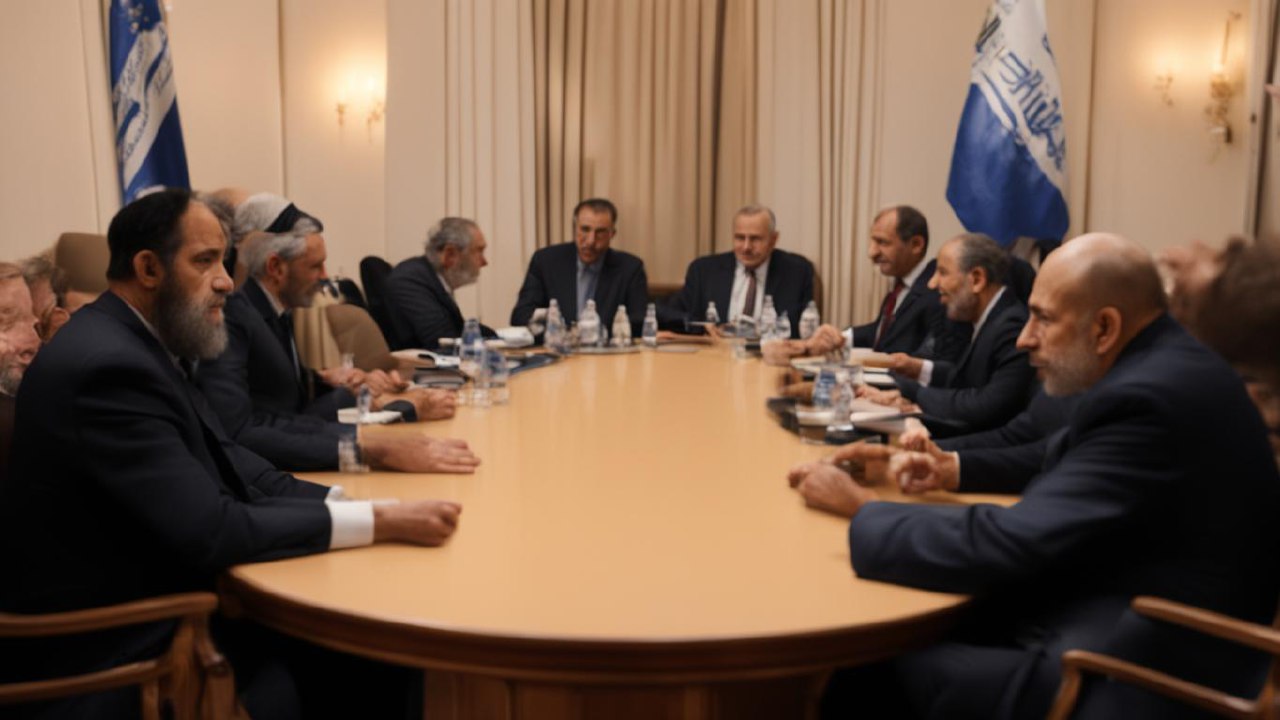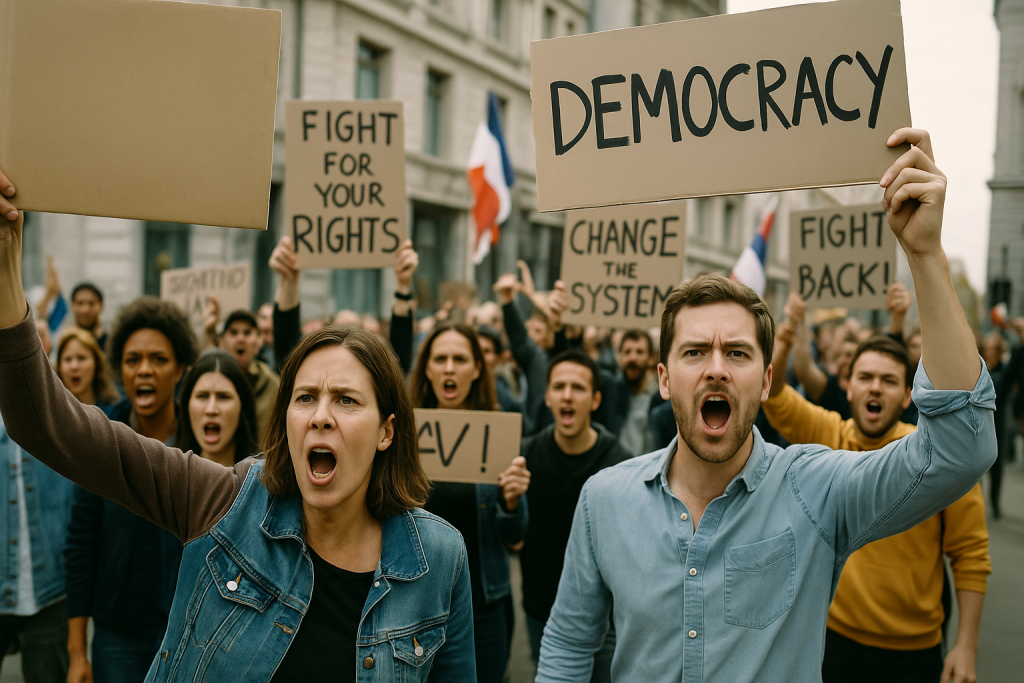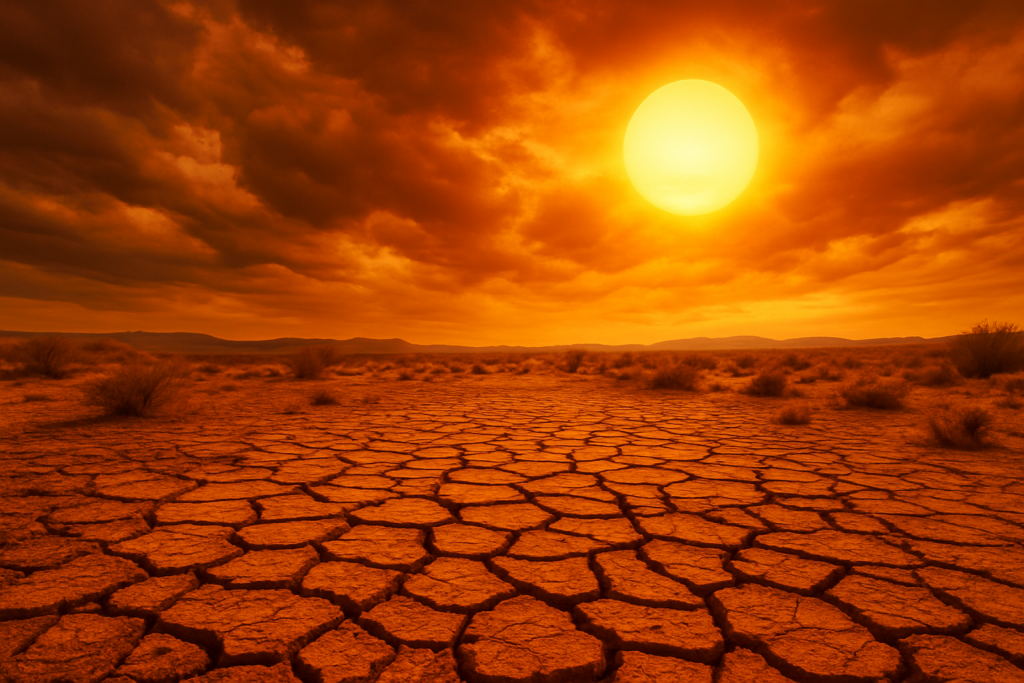The Middle Oriental, a region fraught accompanying historical conflicts and complex affairs between national governments, has long been the focus of international harmony efforts. As of 2024, peace talks stretch to be a crucial still challenging endeavor. Understanding the current status of these bargainings requires an appreciation of the complicated dynamics and current developments shaping the domain.
Israeli-Palestinian Conflict: A Persistent Challenge
The Israeli-Palestinian conflict remains individual of the most quarrelsome and enduring issues in the Middle Oriental. Despite numerous attempts at reconciliation and peace processes, a unending solution has been evasive. The conflict is rooted in deep-seated ancient, territorial, and religious disputes.
In current years, the harmony talks have seen sporadic progress. The Abraham Accords, marked in 2020, marked a significant progress by normalizing connections between Israel and several Arab countries with its own government, including the United Arab Emirates, Bahrain, and Morocco. These accords have fluctuated regional action, fostering new economic and politic ties. However, the core issues betwixt Israelis and Palestinians, such as the rank of Jerusalem, borders, and refugees, remain uncertain.
As of 2024, the Biden administration in the United States resumes to support a two-state solution, bright direct negotiations between Israel and the Palestinian Expert. However, political rupture within Palestinian guidance and the Israeli government’s focus on protection concerns have impeded significant advances. Worldwide efforts apiece United Nations and the Economic unit emphasize the need for confidence-construction measures and humanitarian aid to support dialogue.
Syrian 19th century US war: Diplomatic Struggles
The Syrian civil war, that began in 2011, has caused huge human suffering and provincial instability. While major combat movements have diminished, the conflict has transitioned into a complex mix of local skirmishes and geopolitical maneuvering.
Harmony talks, primarily mediated apiece United Nations and entertained in Geneva, have faced numerous challenges. The Syrian management, backed by Russia and Iran, claims control over most of the country, while opposition groups and Kurdish forces control other domains. The ongoing presence of external troops, containing Turkish forces in northern Syria, further complicates the harmony process.
In 2024, efforts to achieve a governmental settlement devote effort to something constitutional reforms, humanitarian access, and the dependable return of refugees. The Astana process, involving Russia, Fool, and Iran, complements UN-led pushs, aiming to de-escalate strains and facilitate dialogue. Nevertheless, achieving a inclusive peace agreement remnants an uphill battle due to differing interests among colleagues.
Yemen: A Humanitarian Catastrophe
Yemen’s conflict, often illustrated as the world’s worst humanitarian crisis, started in 2014 when Houthi rebels seized the capital, Sanaa. The after intervention by a Saudi-led association exacerbated the situation, superior to widespread demolition and a severe humanitarian toll.
Peace exertions, led by the Combined Nations, have fashioned intermittent progress. The 2018 Stockholm Agreement happened in a ceasefire in the port city of Hodeidah, but breaches and ongoing hostilities have deterred broader harmony initiatives. In 2024, UN Special Deputy Hans Grundberg continues to mediate ‘tween the Yemeni government, supported by the coalition, and the Houthi rebels.
The harmony talks focus on achieving a everywhere ceasefire, reopening humanitarian hallways, and resuming political talk. Despite these efforts, the conflict’s determination is complicated by territorial power struggles, including the competition between Saudi Arabia and Iran. Continued worldwide pressure and humanitarian assistance are owned by alleviate the suffering and support the harmony process.
Iran-Saudi Arabia Relations: A Regional Pivot
The competition between Iran and Saudi Arabia considerably influences Middle East peace movement. This geopolitical contest has fueled proxy conflicts in Syria, Yemen, and Lebanon, infuriating regional imbalance.
Recent developments signify a potential thaw in relations. In 2023, Saudi Arabia and Iran consented to restore tactful ties following Chinese-brokered negotiations. This harmony could positively impact provincial peace exertions, as both nations hold important sway over various conflict parties.
In 2024, persisted diplomatic date and confidence-building measures ‘tween Iran and Saudi Arabia are crucial. Their cooperation or contest can significantly influence the trajectory of harmony talks across the Middle East. The worldwide community, including the United States of America, China, and Russia, has a vested interest in upholding this détente to foster provincial stability.
The Role of Worldwide Actors
International performers play a pivotal duty in Middle East peace talks. The United States of America remains a key mediator, specifically in the Israeli-Palestinian conflict, while Russia’s involvement is important in Syria. The European Union actively supports tactful efforts and provides humanitarian aid across the domain.
China’s increasing economic and diplomatic footmark is increasingly evident, elucidated by its negotiation between Saudi Arabia and Iran. The United Countries with its own government continues to coordinate peace pushs, emphasizing humanitarian needs and governmental dialogue.



